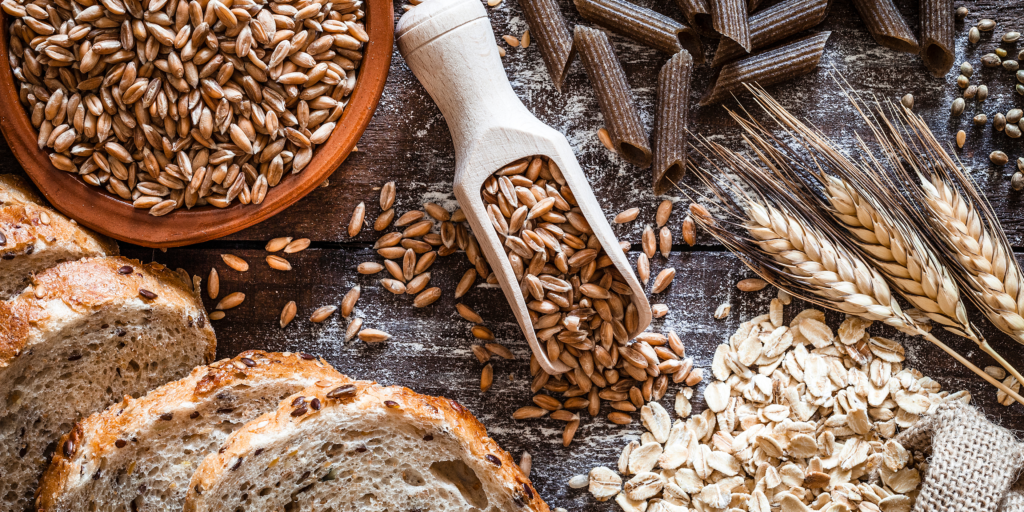7 Diet Tips to Manage your Stress
You probably already know that stress can have a significant impact on our eating habits, not just your mental wellbeing. While a healthy diet can’t eliminate stress from your life, there are ways to optimize your eating to manage the effects of stress.

Small amounts of stress are actually good for your body, but when we get overwhelmed, overworked or burnt out, stress can cause some real physical and mental harm. Stress and nutrition can impact each other, and can easily end up as a vicious cycle, with poor food choices causing increased stress levels, and higher stress levels causing us to reach for the unhealthy bag of cookies, take-out or crisps.
Although your diet can’t get rid of your stressors, you can use nutrition to your advantage to help manage your stress levels and support your health. Here are my top tips:
- Eat protein at every meal: Protein is essential for the production of neurotransmitters, such as serotonin, a ‘happy hormone’ which helps regulate your mood. Including lean sources of protein such as chicken, fish, tofu, legumes, and Greek yogurt in your diet can help to manage your stress.
- Include whole grains: Whole grains such as brown rice, quinoa, oats, and whole wheat bread are rich in fibre and can also help to regulate your blood sugar levels. They provide a steady release of energy, keeping you feeling fuller for longer and reducing the likelihood of stress-induced cravings or mood swings.

- Incorporate omega-3 fatty acids: Omega-3 fatty acids have been shown to have mood-stabilizing effects. Include fatty fish like salmon, mackerel, and sardines in your diet, as well as plant-based sources like flaxseeds, chia seeds, and walnuts. Alternatively, consider a high-quality fish oil supplement, particularly if you’re vegetarian or vegan. Here’s a delicious salmon recipe to try!
- Limit caffeine and alcohol: I know this one can be tough for many, but caffeine can increase feelings of anxiety and interfere with your sleep, worsening your stress levels. Similarly, while alcohol might temporarily numb stress, too much can become an unhealthy coping mechanism, disrupt sleep patterns, and affect your overall well-being. That’s not to say you can never have a coffee or cocktail – moderation is key, and using alternative options can help reduce your intake, such as herbal teas and soda water and lime.

- Stay hydrated: Dehydration can contribute to feelings of fatigue and stress. Ensure you’re drinking enough water throughout the day to stay properly hydrated. Drink until your urine is a very pale yellow and adjust based on your activity level or climate. Don’t like plain water? Jazz it up with some lemon, lime, berries, mint or carbonation.
- Practice mindful eating: Paying attention to your food through mindful eating involves savoring each bite, and eating without distractions. It can help you become more aware of your hunger and fullness cues and allow you to make conscious choices about what and how much you eat. This can reduce stress-related emotional eating and promote a healthier relationship with food.
- Consider stress-reducing supplements: Some herbal supplements, such as chamomile, lavender, and adaptogenic herbs like ashwagandha and Rhodiola rosea, have been traditionally used to help manage stress. However, it’s important to consult with your healthcare professional before starting any new supplements to ensure they are safe and suitable for you.

Remember that a healthy diet is just one component of managing stress. It’s also important to engage in regular physical activity, practice relaxation techniques (such as deep breathing or meditation), get enough sleep, and seek support from friends, family, or professionals when needed. Taking a holistic approach to stress management is the best way to manage your stress.